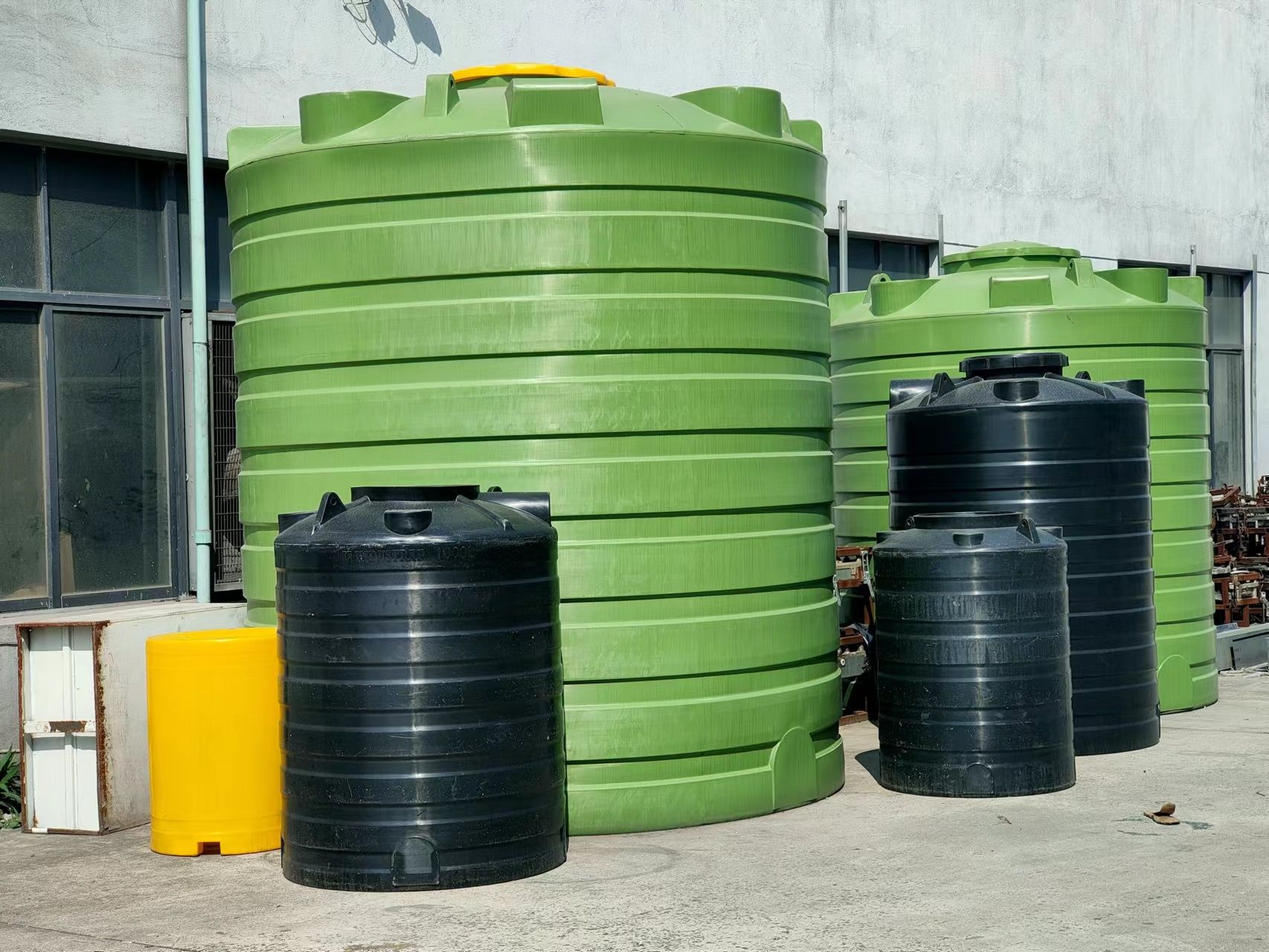
Get A Quote
Rotational Molding Machines: Transforming Manufacturing with Cost-Effective Solutions
In the world of manufacturing, rotational molding machines (also known as rotomolding machines) have carved a unique niche, offering versatility, cost-effectiveness, and the ability to produce highly durable products. This blog delves deep into the intricacies of rotational molding machines, exploring their working principles, applications, benefits, and the latest innovations transforming this industry.
What is Rotational Molding?
Rotational molding, often abbreviated as rotomolding, is a manufacturing process for creating hollow plastic products. Unlike other molding methods such as injection molding or blow molding, rotomolding involves the use of a heated mold that is filled with a polymer resin and then slowly rotated along two perpendicular axes. This process ensures an even distribution of the material within the mold, resulting in uniform wall thickness and high structural integrity.
How Does a Rotational Molding Machine Work?
A rotational molding machine operates through several key stages:
- Mold Charging: The process begins by adding a predetermined amount of polymer resin (usually in powdered form) into the mold. The type of resin used depends on the desired properties of the final product, with polyethylene being the most common choice.
- Heating and Rotation: Once the mold is charged, it is closed and moved into an oven where it is heated. The mold is simultaneously rotated on two axes, ensuring the resin coats the interior surfaces evenly. The rotation speed and heating time are carefully controlled to achieve the desired thickness and consistency.
- Cooling: After the resin has melted and formed a uniform layer inside the mold, the mold is moved to a cooling chamber. It is cooled gradually, still rotating, to solidify the polymer without warping or creating weak spots.
- De-molding: Once the product has cooled and solidified, the mold is opened, and the finished part is removed. The mold is then cleaned and prepared for the next cycle.
Applications of Rotational Molding
Rotational molding is used across various industries due to its ability to produce durable, high-quality parts with complex geometries. Some common applications include:
- Automotive: Fuel tanks, air ducts, and other components that require high durability and resistance to environmental stress.
- Agriculture: Storage tanks, bins, and equipment components that can withstand harsh outdoor conditions.
- Consumer Goods: Toys, outdoor furniture, and other products that benefit from the rotomolding process's cost-efficiency and design flexibility.
- Marine: Buoys, pontoons, and other marine products that require buoyancy and resistance to water and UV radiation.
- Medical: Containers, housings, and other equipment that need to be hygienic and easy to clean.
Advantages of Rotational Molding
Rotational molding offers several distinct advantages over other plastic molding methods:
- Design Flexibility: Rotomolding allows for the creation of complex shapes and hollow parts without seams or weld lines. This flexibility makes it ideal for custom and intricate designs.
- Durability: Products made through rotational molding are known for their strength and longevity. The even wall thickness and absence of stress points contribute to the overall durability.
- Cost-Effective Tooling: Compared to injection molding, the tooling costs for rotomolding are significantly lower. The molds are usually made of aluminum and are easier and cheaper to produce and modify.
- Low Production Costs: The operational costs are relatively low, as the process requires less raw material and energy compared to other molding methods.
- Versatility in Material Choices: Rotomolding can utilize a variety of materials, including polyethylene, polycarbonate, and nylon, each offering different properties and applications.
Conclusion
Benfan understands the evolving needs of manufacturers and entrepreneurs in the competitive landscape of rotational molding. Our brand is dedicated to providing cutting-edge rotational molding machines that offer the versatility and efficiency needed to diversify production capabilities and unlock the full potential of rotomolding. We offer continuous support, updates on the latest advancements in rotomolding technology, and tailored solutions that align with your business goals. Stay ahead of the curve with Benfan – the trusted name in rotational molding machines.

